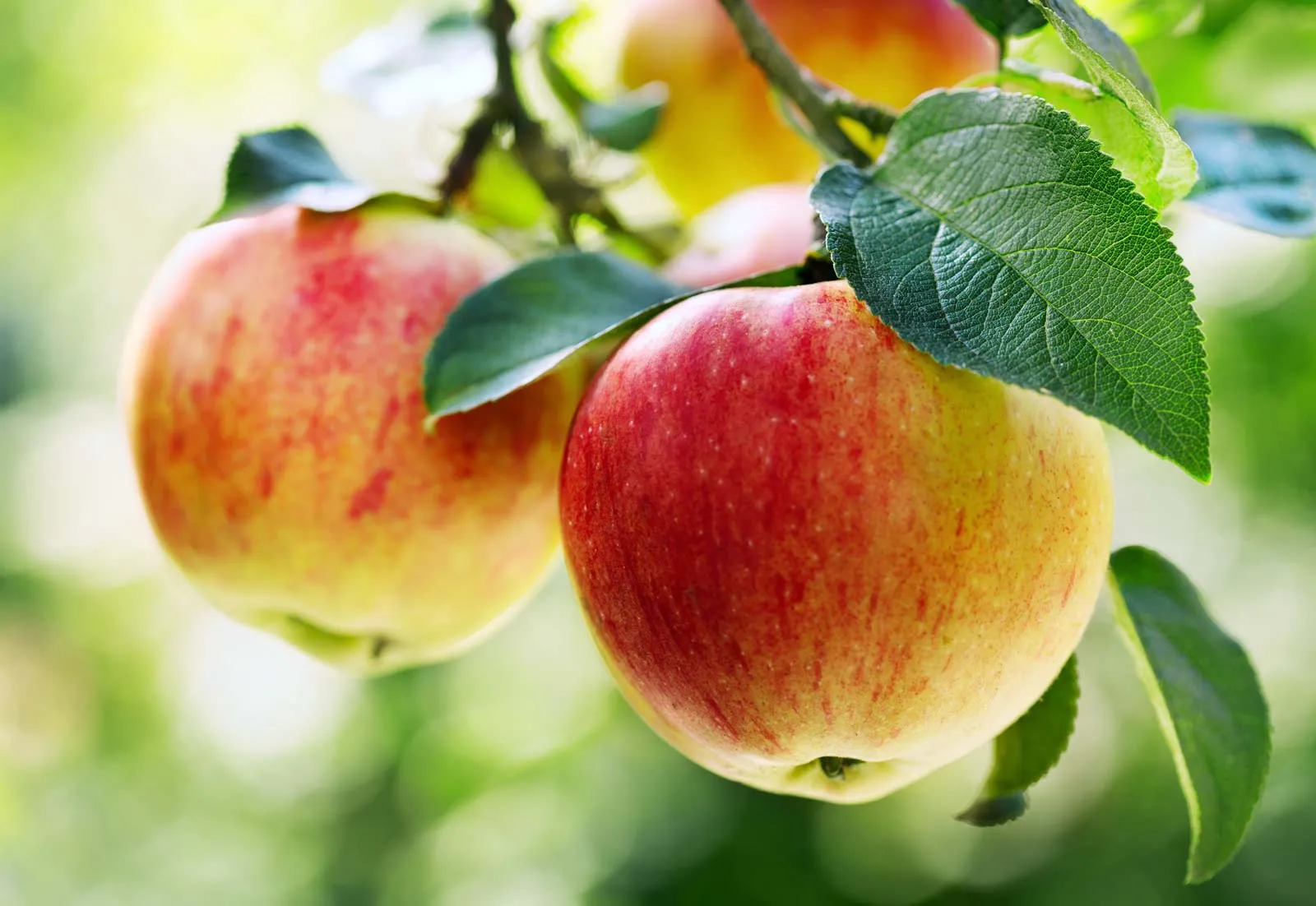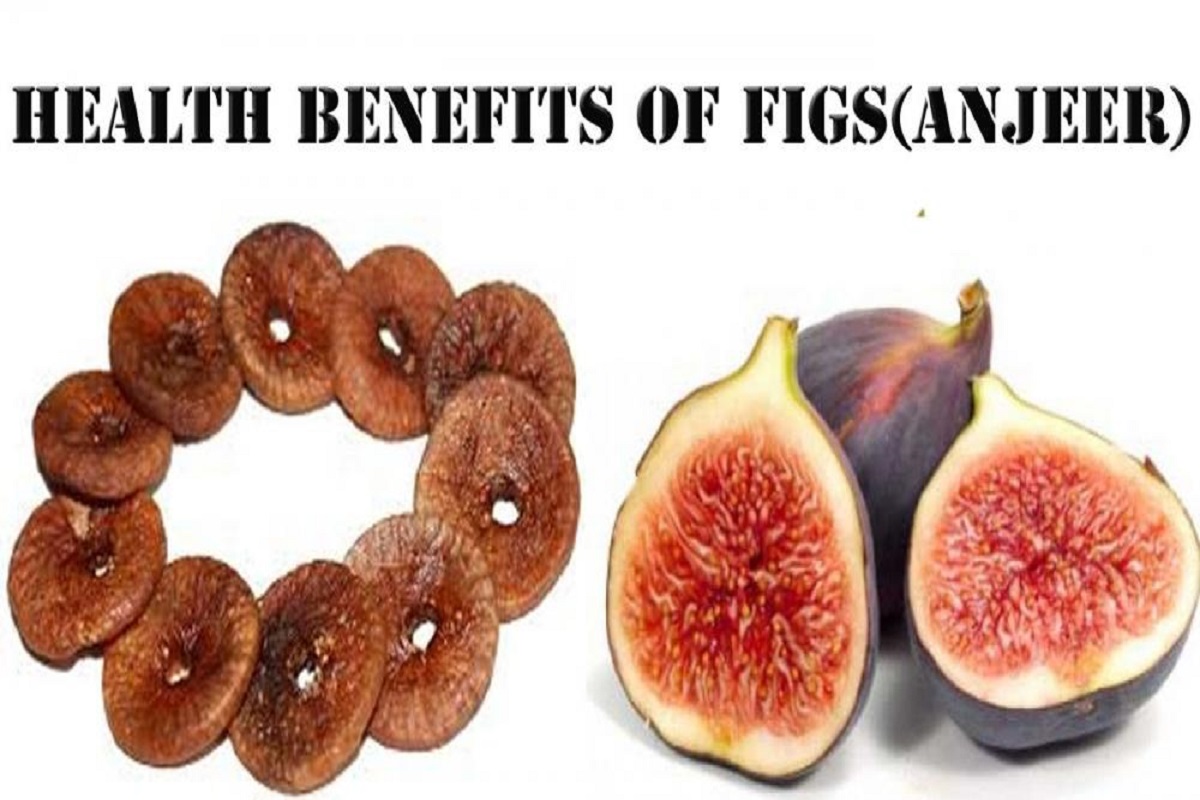Ad Blocker Detected
Our website is made possible by displaying online advertisements to our visitors. Please consider supporting us by disabling your ad blocker.
Watermelon, scientifically known as Citrullus lanatus, is a quintessential summer fruit cherished for its juicy, refreshing sweetness. With its vibrant pink or red flesh and dark seeds, watermelon is not only a favorite picnic treat but also a nutritional powerhouse. Native to Africa, watermelons have become a global symbol of summer and a symbol of hydration on hot days. In this article, we will delve into the world of watermelons, exploring their nutritional richness, potential health perks, and culinary versatility.
A Summertime Icon
Watermelons have a long history, with evidence of their cultivation dating back thousands of years to ancient Egypt. They were highly regarded in various cultures for their cooling and hydrating properties, particularly in arid regions where watermelon’s high water content was a lifesaver.
Nutritional Profile of Watermelons
A Hydrating and Nutrient-Rich Fruit
Watermelons are celebrated not only for their thirst-quenching properties but also for their impressive nutritional content. Here’s a glimpse of the nutrients found in watermelons:
1. Hydration
- Water Content: Watermelon is over 90% water, making it an excellent choice for staying hydrated on hot days.
2. Vitamins
- Vitamin C: Watermelons are a good source of vitamin C, which supports immune health, skin regeneration, and wound healing.
- Vitamin A: In the form of beta-carotene, watermelons provide vitamin A, essential for eye health and maintaining healthy skin and mucous membranes.
3. Minerals
- Potassium: Essential for heart health, nerve function, and maintaining healthy blood pressure levels.
- Magnesium: Contributes to muscle and nerve function, bone health, and overall well-being.
4. Antioxidants
- Lycopene: Watermelons are one of the best-known sources of lycopene, an antioxidant that may reduce the risk of certain diseases and promote heart health.
- Citrulline: An amino acid in watermelons that may have potential health benefits, including improved exercise performance and reduced muscle soreness.
5. Dietary Fiber
- Soluble Fiber: Supports digestive health, stabilizes blood sugar levels, and helps lower cholesterol.
- Insoluble Fiber: Promotes regular bowel movements and prevents constipation.
6. Natural Sugars
- Fructose: The natural sugars in watermelons provide their sweet taste and a source of quick energy.
Health Benefits of Watermelons
1. Hydration and Cooling Effect
- High Water Content: Watermelons are primarily composed of water, making them an ideal choice for staying hydrated, especially in hot weather.
- Cooling Properties: The natural sugars and water content in watermelons have a cooling effect on the body, providing relief on scorching days.
2. Heart Health
- Lycopene: Lycopene, an antioxidant in watermelons, may help reduce the risk of heart disease by lowering levels of “bad” LDL cholesterol and lowering blood pressure.
- Potassium Content: Watermelons are a good source of potassium, which supports heart health by regulating blood pressure and reducing the risk of stroke.
3. Skin Health
- Vitamin C: Vitamin C in watermelons promotes collagen production, which is essential for maintaining skin elasticity and reducing the appearance of wrinkles.
- Hydration*: The high water content in watermelons helps keep the skin hydrated, contributing to a healthy and glowing complexion.
4. Digestive Health
- Dietary Fiber: Watermelons provide dietary fiber, which aids in digestion, prevents constipation, and supports a healthy gut microbiome.
5. Exercise Recovery
- Citrulline: Watermelons contain citrulline, an amino acid that may help reduce muscle soreness and improve exercise performance, making it a useful fruit for athletes.
6. Anti-Inflammatory Properties
- Lycopene and Antioxidants: The lycopene and other antioxidants in watermelons have anti-inflammatory properties that may help reduce inflammation and the risk of chronic diseases.
Culinary Uses of Watermelons
Watermelons are incredibly versatile and can be enjoyed in various culinary creations. Here are some delightful ways to incorporate watermelons into your diet:
1. Fresh and Simple
- Sliced Watermelon: Enjoy chilled watermelon slices on their own as a refreshing and hydrating snack.
- Watermelon Wedges: Cut watermelons into wedges for easy handling at picnics and gatherings.
2. Salads and Salsas
- Watermelon Salad: Combine watermelon chunks with feta cheese, fresh mint leaves, and a drizzle of balsamic reduction for a sweet and savory salad.
- Watermelon Salsa: Make a zesty salsa with diced watermelon, red onion, cilantro, lime juice, and a touch of jalapeño for a vibrant topping.
3. Smoothies and Beverages
- Watermelon Smoothie: Blend watermelon with yogurt, lime juice, and a hint of honey for a refreshing and hydrating smoothie.
- Watermelon Agua Fresca: Create a traditional Mexican agua fresca by blending watermelon with water, lime juice, and a touch of sugar.
4. Frozen Treats
- Watermelon Sorbet: Make a light and refreshing sorbet by blending watermelon puree with a touch of lemon juice and freezing the mixture.
- Watermelon Popsicles: Create homemade popsicles by freezing watermelon puree with a hint of mint or basil.
5. Cocktails and Mocktails
- Watermelon Mojito: Add muddled watermelon to a classic mojito for a fruity twist.
- Watermelon Lemonade: Make a refreshing watermelon lemonade by blending watermelon with freshly squeezed lemon juice and sweetening it to taste.
Watermelon Varieties
Watermelons come in various sizes, shapes, and colors. Some common watermelon varieties include:
- Crimson Sweet: Known for its deep red, sweet flesh, and dark seeds, this is a popular and classic variety.
- Sugar Baby: A smaller watermelon with sweet, juicy flesh, perfect for individual servings.
- Yellow Flesh Watermelon: These watermelons have vibrant yellow or orange flesh and a sweeter, less tangy taste than their red-fleshed counterparts.
Conclusion
Watermelons, with their juicy sweetness and a host of health benefits, are the epitome of summer indulgence. Whether you’re savoring a slice on a scorching day, blending it into a refreshing smoothie, or adding it to a savory salad, watermelons offer a delightful blend of taste and hydration. From promoting heart health to enhancing skin radiance and aiding digestion, watermelons are a true gem in the world of fruits. So, relish the juicy wonder of watermelons and embrace the myriad benefits they bring to your overall well-being.



